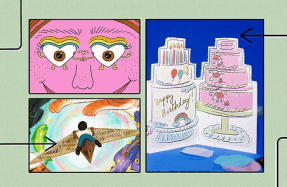8 billion humans and counting: What it means for the planet's future
In the early 1800s, the human population hit 1 billion. As of late last year, human population 8 billion. And by the end of the century, it’s expected to top ten billion. What does that mean for humanity and the environment?
Jan 11, 2023
1 minute

It took 300,000 years for the human population to grow to one billion souls.
We hit that milestone in the early 1800s. And then, that growth curve took off like a
You’re reading a preview, subscribe to read more.
Start your free 30 days



